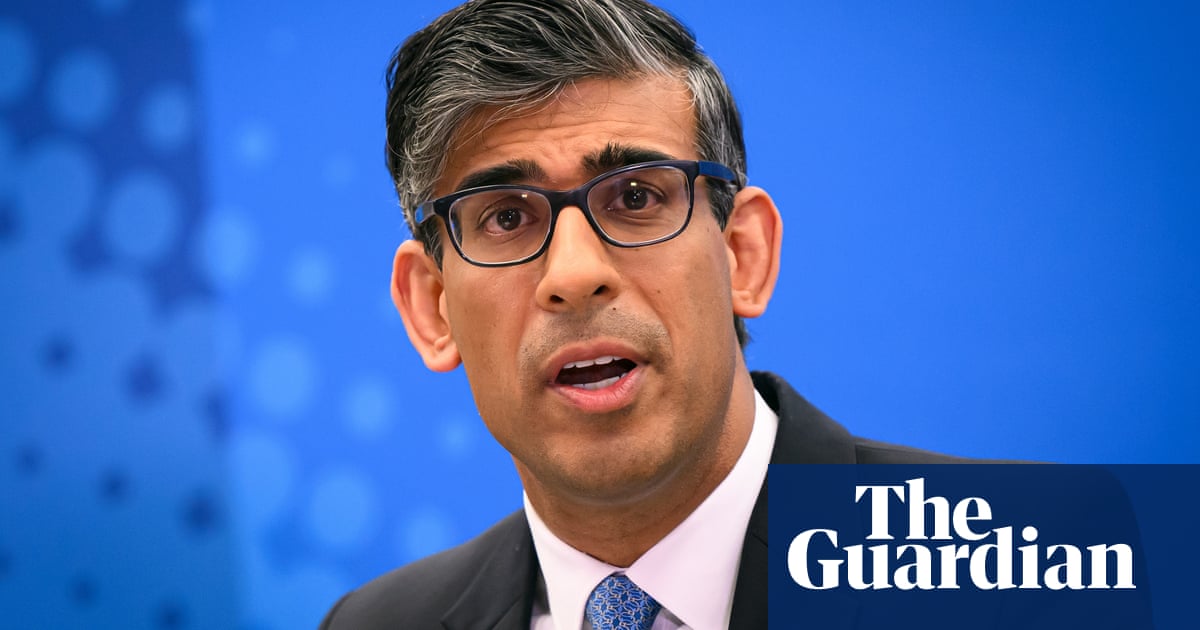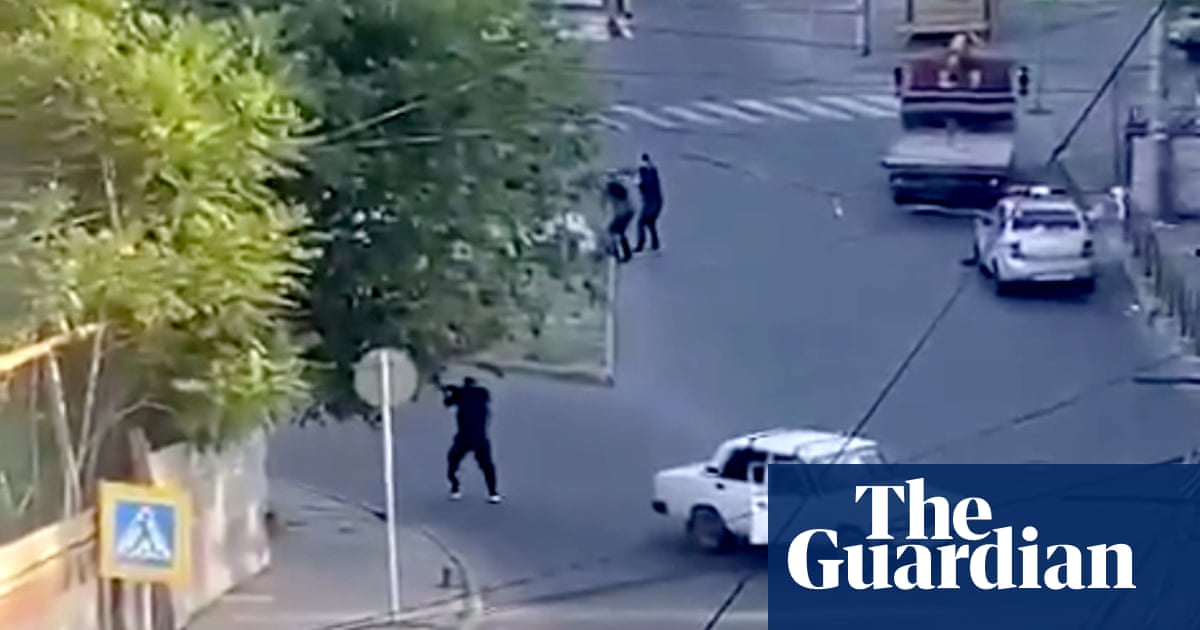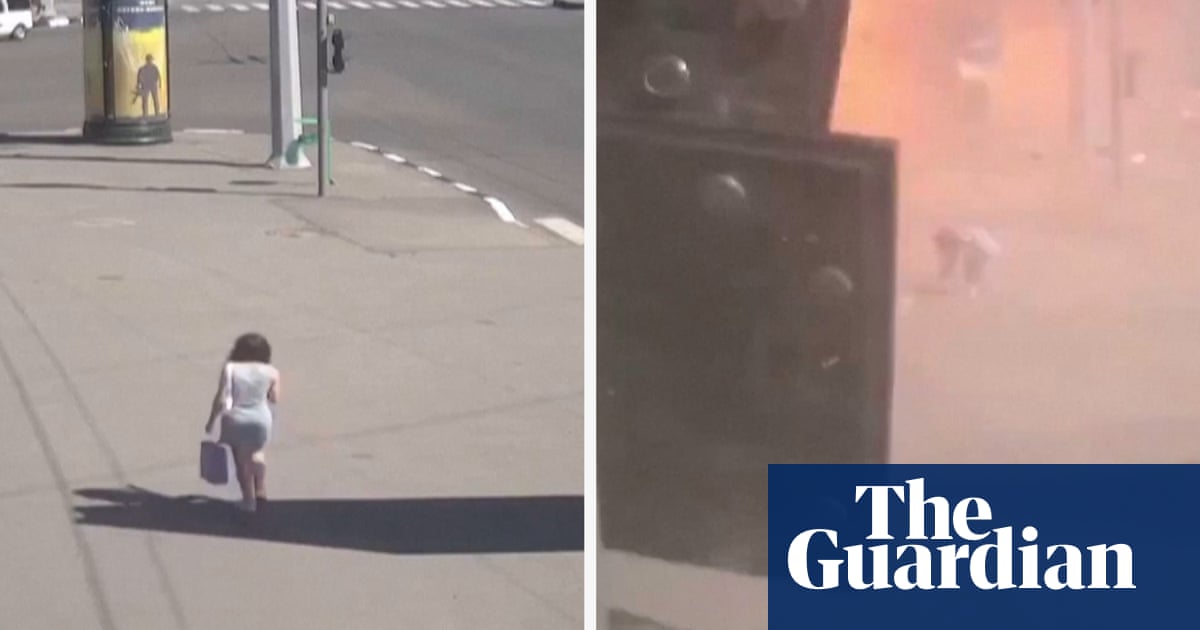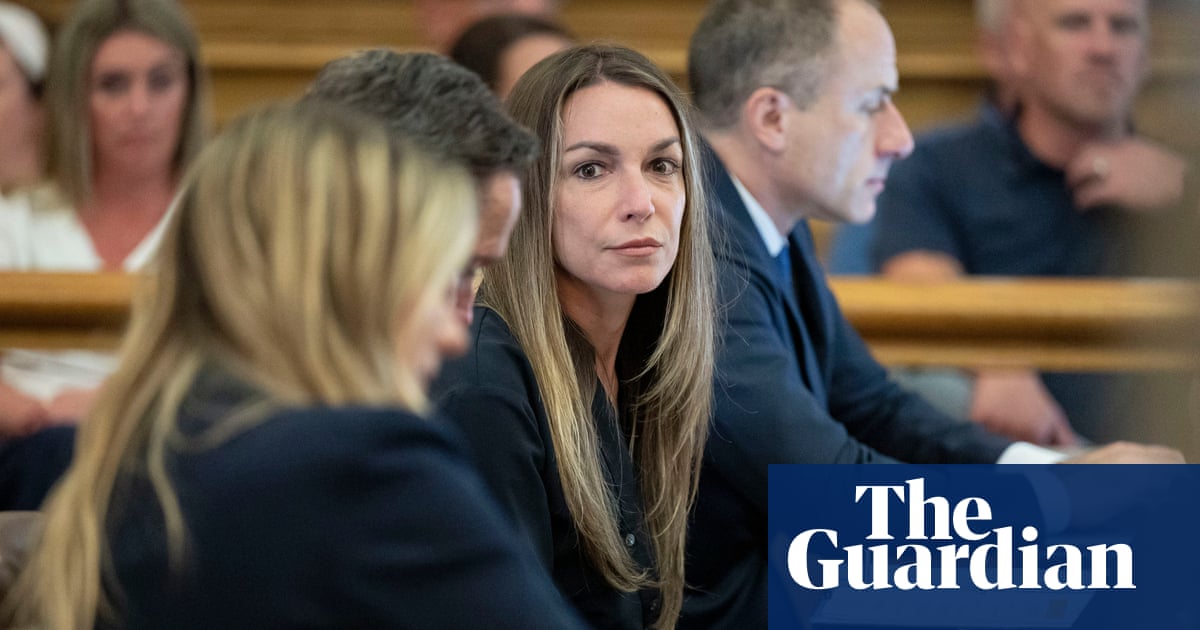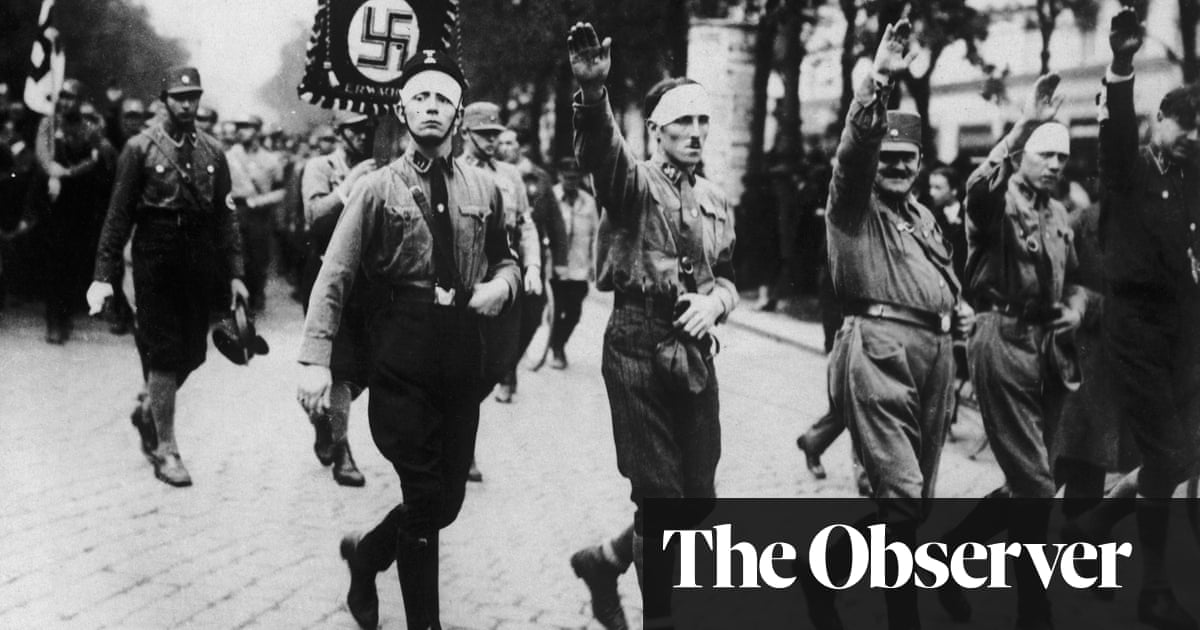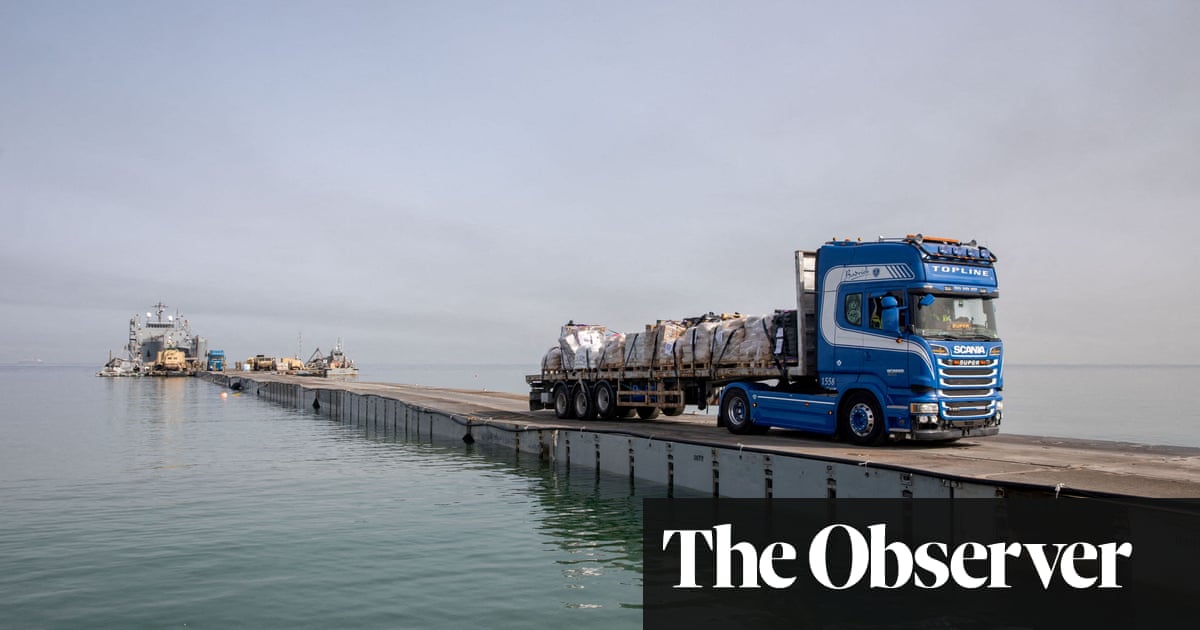Rishi Sunak is facing a growing clamour to come clean about the betting scandal engulfing Westminster after a fifth figure was drawn into the row.
Senior Conservatives were among those calling for candidates and officials to be suspended pending the result of investigations, while the prime minister was urged to get a grip on the drip-drip of revelations.
Labour wrote to the head of the Gambling Commission on Sunday evening urging the watchdog to name those it has placed under investigation “in the public interest”, warning that “ongoing speculation … is casting a shadow over the election”.
The scandal has escalated since the Guardian revealed nearly two weeks ago that Craig Williams, who was Sunak’s closest parliamentary aide, is being investigated by the watchdog for betting £100 on a July election three days before Sunak surprised the country by naming the date.
After being approached for comment by this newspaper, Williams said he “put a flutter on the general election some weeks ago” and the following day said he had made a “huge error of judgment”.
Five people linked to Sunak or the Conservatives have been identified as being part of the watchdog’s inquiries so far. They include Williams; the Tory candidate Laura Saunders and her husband, Tony Lee, who is the party’s campaign director; and Nick Mason, the party’s data officer.
An unnamed Metropolitan police officer who is part of Sunak’s close protection security team has also been arrested in connection with the inquiry into bets placed on a July election.
The Sunday Times reported this weekend that Mason had made several dozen bets before Sunak announced the 4 July date, each of which was worth less than £100 but which would have brought cumulative winnings of thousands of pounds. A spokesperson for Mason said it would be inappropriate to comment during an investigation but that he denied wrongdoing.
The Met officer was arrested on 17 June after the force was contacted by the Gambling Commission. He is the only person to have faced disciplinary action so far, although Lee and Mason have both taken a leave of absence from their roles.
Pat McFadden, Labour’s national campaign coordinator, urged the commission’s chief executive, Andrew Rhodes, to “make available the widest possible information about how wide the circle spreads”.
In a letter to Rhodes, McFadden said it was “in the public interest that the Gambling Commission makes public the names of other figures you are investigating”.
A gambling industry source said hundreds of bets on a July election were referred to the watchdog across the sector after the Guardian’s revelations about Williams, but “very few” of those were by people flagged as being “politically exposed”.
There were reports on Sunday that the watchdog is investigating other individuals linked to the Conservative party or government.
Sunak is under pressure to formally suspend Lee and Mason and to withdraw support from Williams and Saunders, who would be Conservative MPs if elected.
Robert Buckland, the former justice secretary, told LBC on Sunday: “Where you’ve got a police officer who’s been suspended, I think consistency should apply here.
“You’ve got employees and I’m sure there’s a mechanism which could allow their suspension, you’ve got candidates on the ballot paper – so it may be a matter for the whip to look at it once they’ve been elected and whether they take the Conservative whip, that might be a way to enforce discipline once elected.”
Anne Milton, a former Conservative MP and party whip, told Times Radio: “It confirms views about the fact that the Conservative party hasn’t upheld standards in public life. It’s not behaved well. There appears to be no leadership from the top.
after newsletter promotion
“Suspension is the right thing to do while people are investigated. It’s harsh on people, if the allegations are found not to be true, but that is what would happen in any other sphere of work.”
Alistair Graham, the former chairman of the committee standards of public life, said the prime minister should be taking tougher action. He told the Guardian: “It’s right that he should because so far he has shown a lack of leadership. He keeps saying he’s very angry about it and doesn’t do anything. I would think that a minimum was to suspend them from their official roles in the Conservative party.”
In the Rochdale byelection earlier this year, Labour disowned its candidate over comments he had made about Israel and Jewish people. “I would have thought that it was similarly relevant for the Conservative party to do the same,” Graham said.
James Cleverly, the home secretary, told Sky on Sunday that he was “not in any way going to defend people who placed bets” but insisted it was only a “small number of individuals”.
Michael Gove, the levelling up secretary, compared the row with the Partygate scandal. “It looks like one rule for them and one rule for us … That’s the most potentially damaging thing. The perception that we operate outside the rules that we set for others. That was damaging at the time of Partygate and is damaging here,” he said in an interview.
Sunak said last week he was “incredibly angry” about the allegations and that anyone who had broken the rules “should not only face the full consequences of the law but I will ensure that they are booted out of the Conservative party too”.
The Liberal Democrats called on Sunak to launch a Cabinet Office inquiry into the reports. Lib Dem deputy leader Daisy Cooper said: “This is now an all-out scandal at the heart of Rishi Sunak’s Conservative party.”
George Osborne, the former Conservative chancellor, told his Political Currency podcast earlier this month that about 40 people knew the date of the election in advance.
The Conservative party would not be drawn on whether more of its officials or candidates were under investigation. A spokesperson said: “As instructed by the Gambling Commission, we are not permitted to discuss any matters related to any investigation with the subject or any other persons.”
A Gambling Commission spokesperson said: “Currently the commission is investigating the possibility of offences concerning the date of the election. This is an ongoing investigation, and the commission cannot provide any further details at this time. We are not confirming or denying the identity of any individuals involved in this investigation.”
